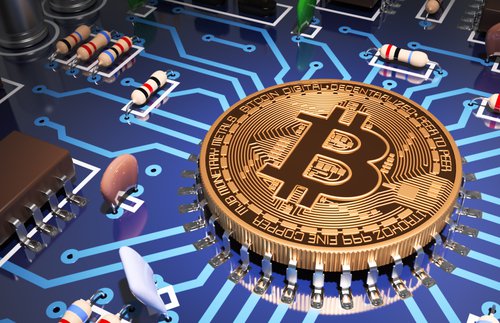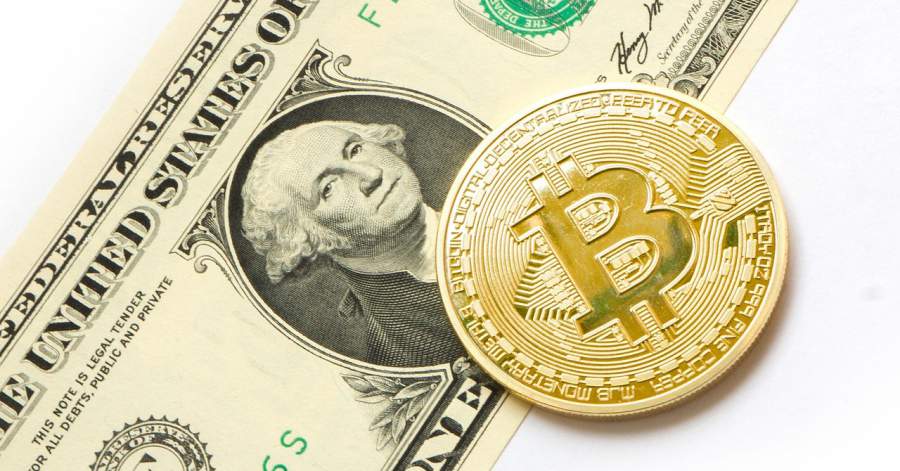LONDON – A London local mosque has announced it would be accepting Zakah and Sadaqa money in cryptocurrencies, becoming the first in the UK to take this approach.
“So that’s when the conversation at the mosque started. We soon realized this was relatively uncharted water,” Erkin Guney, chairman of the Masjid Ramadan or Shacklewell Lane Mosque in London, told CCN on Monday, May 21.
The suggestion was first made by Gurmit Singh, the founder of tech company Combo Innovations who will be handling the process, who told Guney that the mosque could benefit from accepting cryptocurrencies as Zakat is mandatory and many Muslims use cryptocurrencies.
Singh, who has been involved in the cryptocurrency space for years, stepped in as an advisor free of charge.
Guney found a handful of UK charities accepting crypto as donations, one of which was Muslim.
“There were a couple of mosques abroad that also announced they were going to accept cryptocurrency. It looks like we may be the first in Britain to do so,” he said.
“From a financial perspective, the ethical aspects of an Islamic blockchain-enabled economy can help bring it into the 21st Century,” Singh added, defending the new trend.
“The technology can enable global penetration, reaching people that currently have limited access to traditional financing, yet have a smartphone. We believe the model will appeal to non-Muslims too.”

Halal?
The mosque’s main Islamic advisor, Zayd al Khair, who has a Masters in History and Religious studies and is pursuing a Ph.D. after traveling throughout Africa and Saudi Arabia studying the Islamic faith spoke about Bitcoin and other cryptocurrencies.
“With the growing usage of Bitcoin and other cryptocurrencies, there has been an upsurge in discussions among Islamic scholars about their permissibility. Initially, several voiced negative views due to the lack of regulation, and the speculation around their value and origin,” he said.
“However, many scholars adopted a neutral stance, believing these digital currencies are too new to form a clear view on whether they violate fundamental Islamic principles or not. More recently, a few scholars have also started advocating the use of cryptocurrencies.”
Bitcoin began last year below $1,000 (£737) but reached nearly $20,000 before the end of the year.
Then it lost more than 25% of its value inside a week, sparking warnings of a dangerous bubble.
In August 2017, Egypt’s first bitcoin exchange was opened. The cryptocurrency was declared illegitimate by the authorities last month.
Egypt’s Grand Mufti is not the first Muslim scholar to criticize Bitcoins.
In December, Saudi scholar Assim Al-Hakeem ruled that digital currencies are banned under Islamic law because they are “ambiguous.”
In November, Turkey’s highest religious authority – the Directorate of Religious Affairs, also known as the Diyanet – declared that buying and selling of digital currencies un-Islamic, warning its citizens against buying the world’s most popular cryptocurrency.
UK-based Muslim scholar Sheikh Abu Eesa maintains that cryptocurrencies are Halal.

